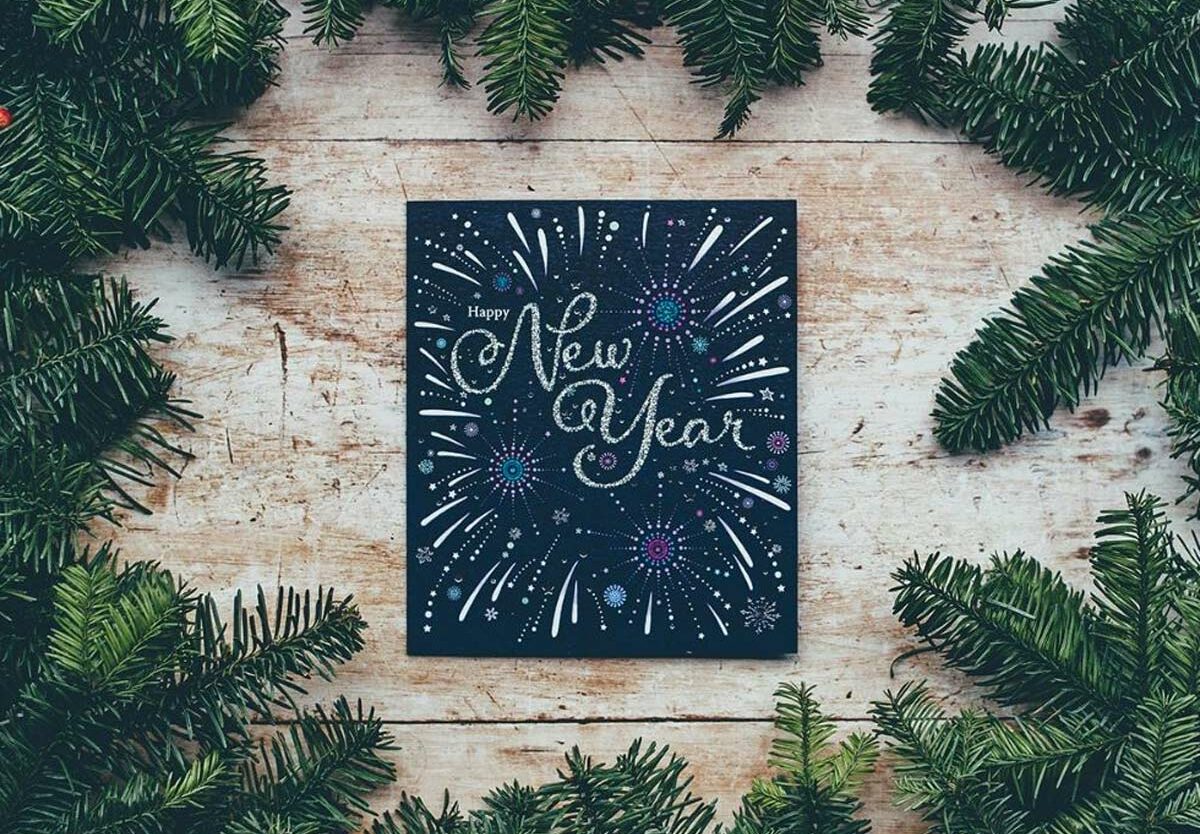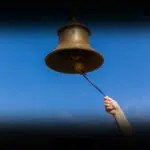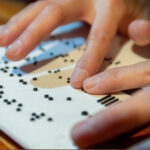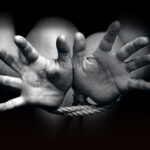January 1 is New Year’s Day — a time of optimism, planning, and resoluteness. There’s a feeling that maybe this year we’ll make the changes we’ve been meaning to: more rest, better eating habits, more exercise, or a new job. New Year’s Day is about taking a moment to get ready for everything that is about to unfold. Happy New Year!
History of New Year's Day
In the United States and many other countries around the world, January 1, the first day of the Gregorian calendar, ushers in a new year replete with New Year’s resolutions and promises to do better than in the year before. The day begins with hangover concoctions for some and, for others, prayers of gratitude for surviving to see a new year filled with promise. But how did this holiday begin? It’s a very old story.
Most civilizations aligned their calendars with the moon. The ancient Mesopotamians and Babylonians observed the new year over 4,000 years ago. For them, a new year followed the phases of the moon and the vernal equinox — when sunlight and darkness were equally balanced.
The Babylonians ritualized the vernal equinox with Akitu, a religious observance spanning 11 days. The Egyptians marked the new year with the flooded waters of the Nile and the star, Sirius. To this very day, the Chinese New Year arrives with the second new moon after the winter solstice.
The evolution from the lunar calendar to today’s Gregorian calendar commences with the early Roman calendar devised by Romulus, allegedly suckled by wolves who, along with his brother, Remus, founded Rome. The original Roman calendar was introduced in the 8th century at the start of the vernal equinox (when the light and the darkness are equal, remember?) with 10 months and 304 days. Another Roman king, Numa Pompilius added Januarius and Februarius.
Most historians credit the Roman emperor Julius Caesar with developing the Julian calendar, designating January 1 as the start of a new year. The Gregorian calendar, which many nations around the world use today, arrived in 1582 when Pope Gregory XIII aligned the calendar, not with the moon, but with the earth’s rotation around the sun — marking 365 days.
New Year's Day timeline
Along with signifying the vernal equinox as the start of a new year, the ancient Babylonian festival of Akitu honors the sky god Marduk’s victory over the sea goddess, Tiamat.
Julius Caesar changes the calendar from pre-Julian to Julian by adding a day every four years as a way to balance out the lunar and solar calendars.
The heads of the Church temporarily replace January 1 with Christmas Day or the Feast of the Annunciation — days with more religious significance.
The Roman Catholic Pope Gregory XIII creates the self-named Gregorian calendar based on the Earth’s rotation around the sun as 365 days or a full year.
New Year's Day - Survey Results
Survey done by one of the top Market Research Agencies:
New Year's Day Traditions
Adding pork to the New Year’s Day menu
You might shake your head to this but many countries have New Year’s traditions that include pigs, which represent progress and abundance. Pork is on New Year’s Day menus in Portugal, Austria, Cuba, and Hungary.
Thank the Babylonians for New Year’s Day resolutions
Not only were the Mesopotamians and Babylonians among the earliest cultures to mark New Year’s Day as the start of a new year; they came up with the concept of making resolutions. Making resolutions on the first day of the year gave one favor to the gods.
Eating black-eyed peas on New Year’s Day
Did you know that the tradition of cooking and eating black-eyed peas goes back over 1,500 years as a Jewish New Year’s Day tradition? This Rosh Hashanah meal arrived in Georgia with Sephardic Jews around 1730. African-Americans also marked their freedom on January 1, 1863, by cooking and eating black-eyed peas.
New Year's Day FAQs
Is it New Years or New Year?
Why do we celebrate the new year?
Why do people say Happy New Years with an S?
New Year's Day Activities
One word: brunch
Soak up the champagne with a nice stack of pancakes and strong coffee. Or go wild with a crab cake benedict. Start the year off on a good foot, with a great meal!
Share resolutions, intentions, or goals with loved ones
Making any change to your life or behavior — big or small — becomes easier when you have the support of friends and family. Say what you’d like to do differently out loud and chances are you’re more likely to follow through.
Clean out your closet
Clear out the old clothes, the frumpy pants, and the unwearable shoes. Play some great music. Invite friends over. Start the new year with some space in your closet and mind for wonderful new things.
5 Novel Facts About New Year's
726 miles traveled
In 2012, the AAA claimed that Americans traveled 726 miles on New Year's Day.
Hangover food saves many on New Year's Day
Instead of cooking a big meal on New Year’s Day, 28% of Americans eat out at restaurants for hangover food.
New year, new babies!
There are almost 8,000 new babies born with a January 1 birthday.
Champagne showers
360 million glasses of sparkling wine are consumed on New Year's Eve.
Fourth favorite holiday in America
41% of Americans say New Year's Eve is their favorite holiday, after Christmas, Thanksgiving, and July 4th.
Why We Love New Year's Day
It feels like a blank page
New year, new … everything! The stress of the holiday season is behind you and you have a whole new year for travel, connection, learning, and exploration. What can you do this year that makes you unrecognizable to yourself a year from now? Go on, think big this year!
Your healthy habits don’t seem so weird
Sure, you like your glass of wine now and then, but every day? For those of you who have great habits like being vegetarian or low-carb and going to the gym — today, everyone’s trying to be like you. How are you going to help your friends and family stay healthier?
The sense of accomplishment when you look back over the last year
You make wake up late today, but you accomplished a lot in the last year and probably needed the rest! New Year’s Day is a day to give yourself a pat on the back for all you’ve done and are about to do.
New Year's Day dates
| Year | Date | Day |
|---|---|---|
| 2025 | January 1 | Wednesday |
| 2026 | January 1 | Thursday |
| 2027 | January 1 | Friday |
| 2028 | January 1 | Saturday |
| 2029 | January 1 | Monday |



















































































































